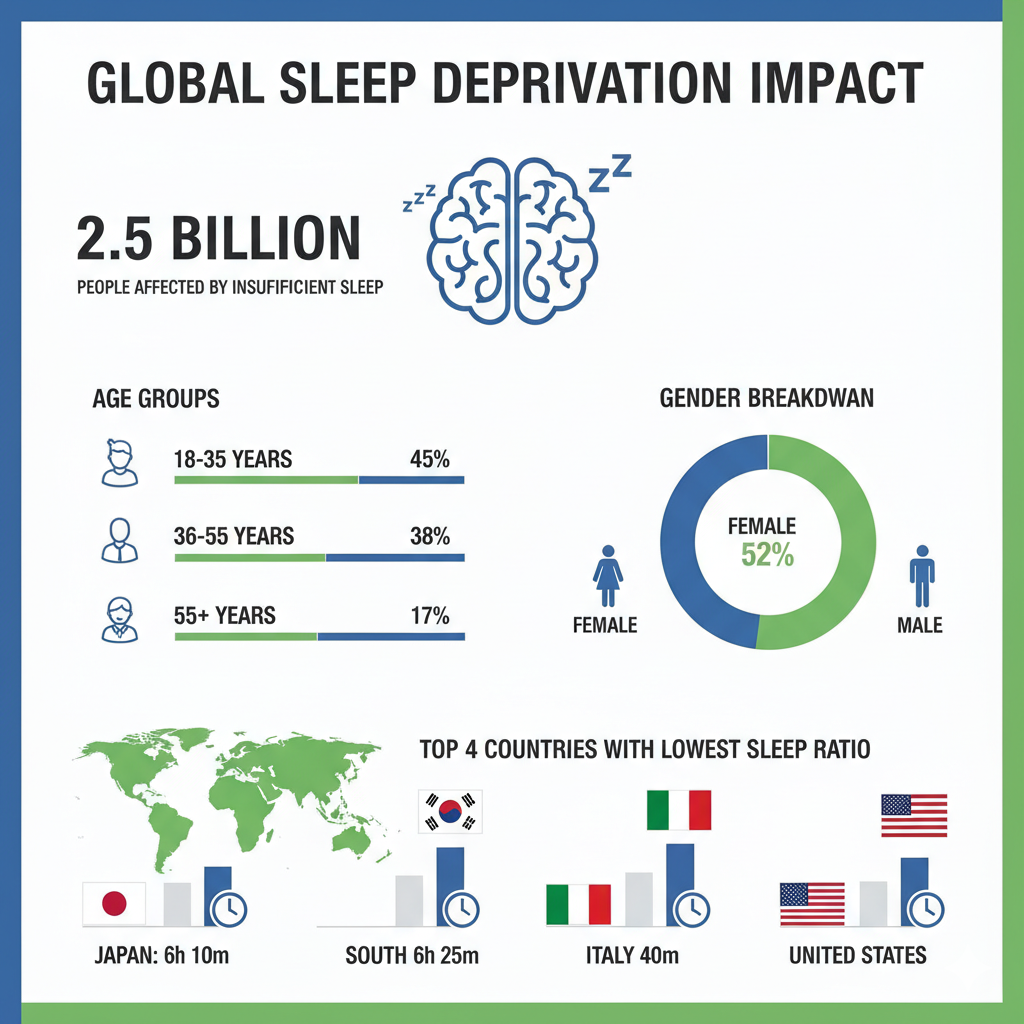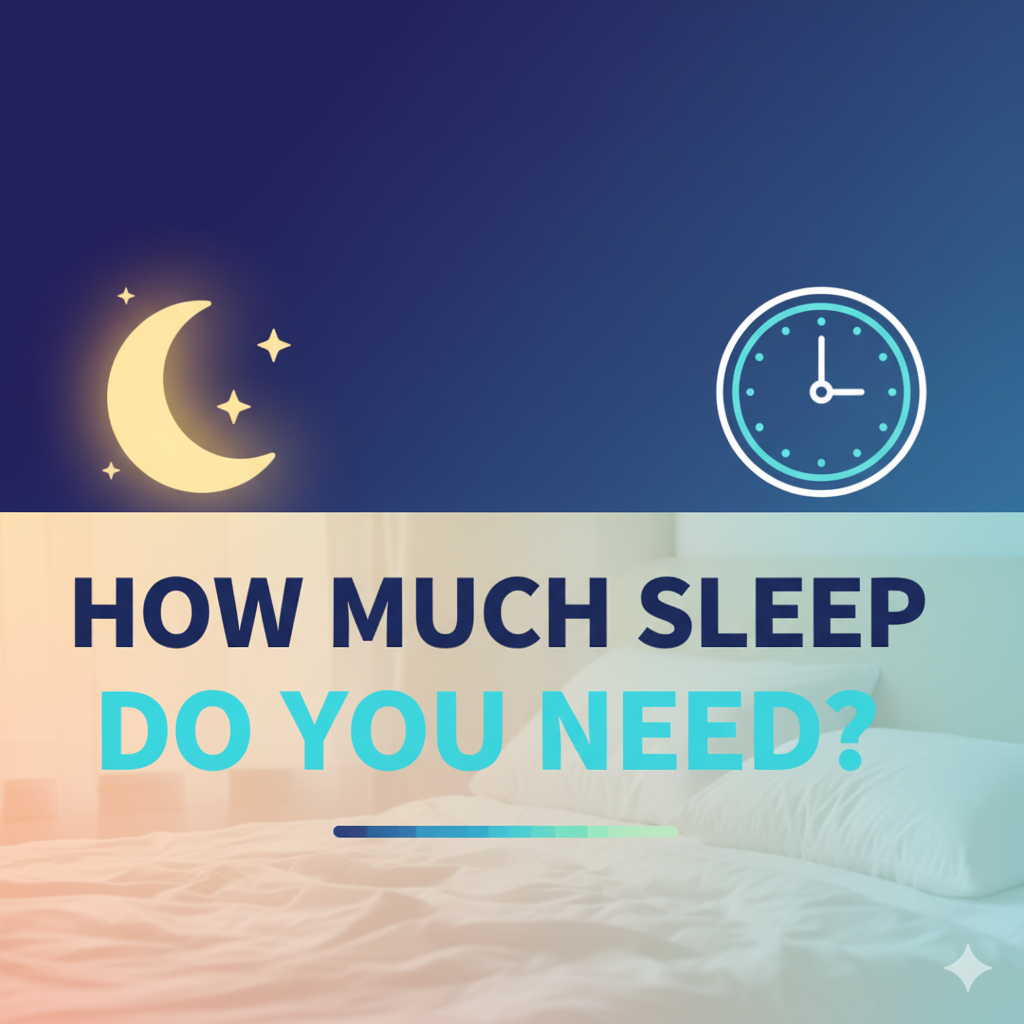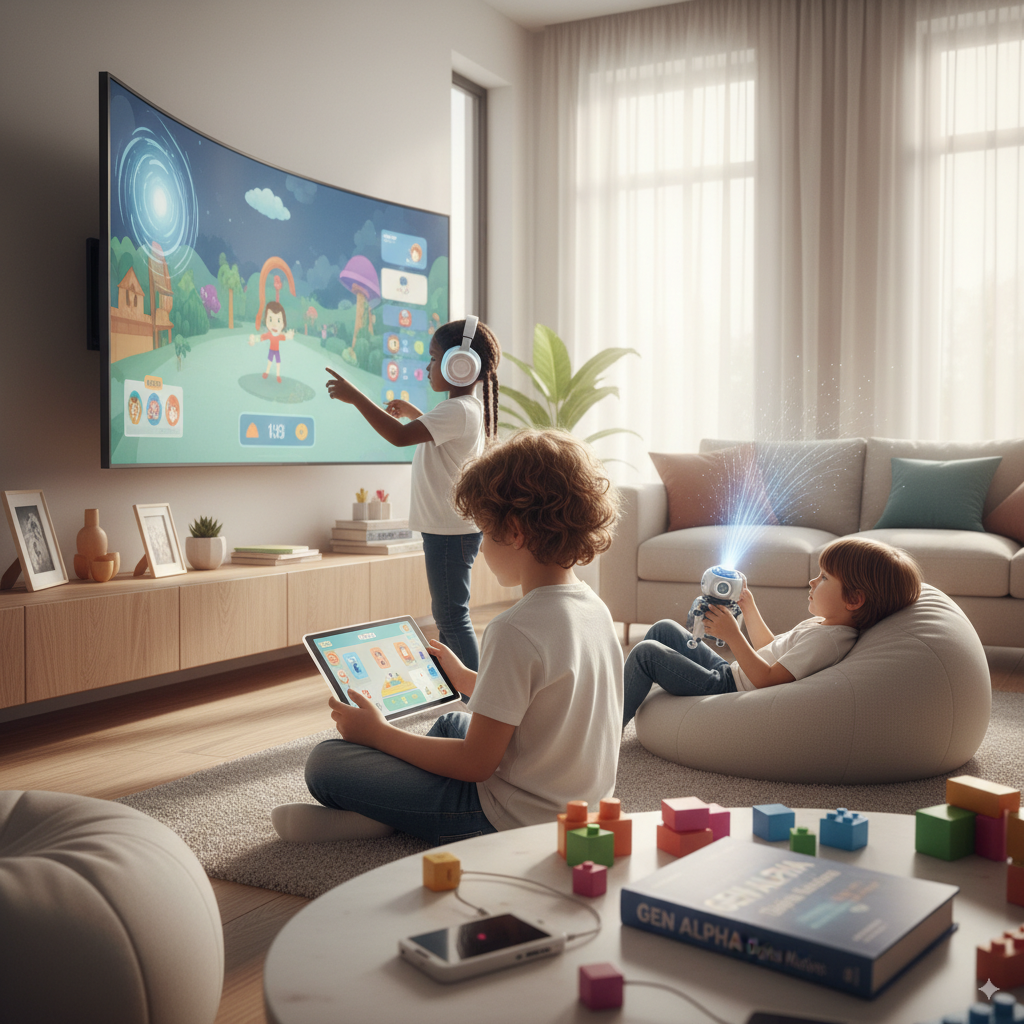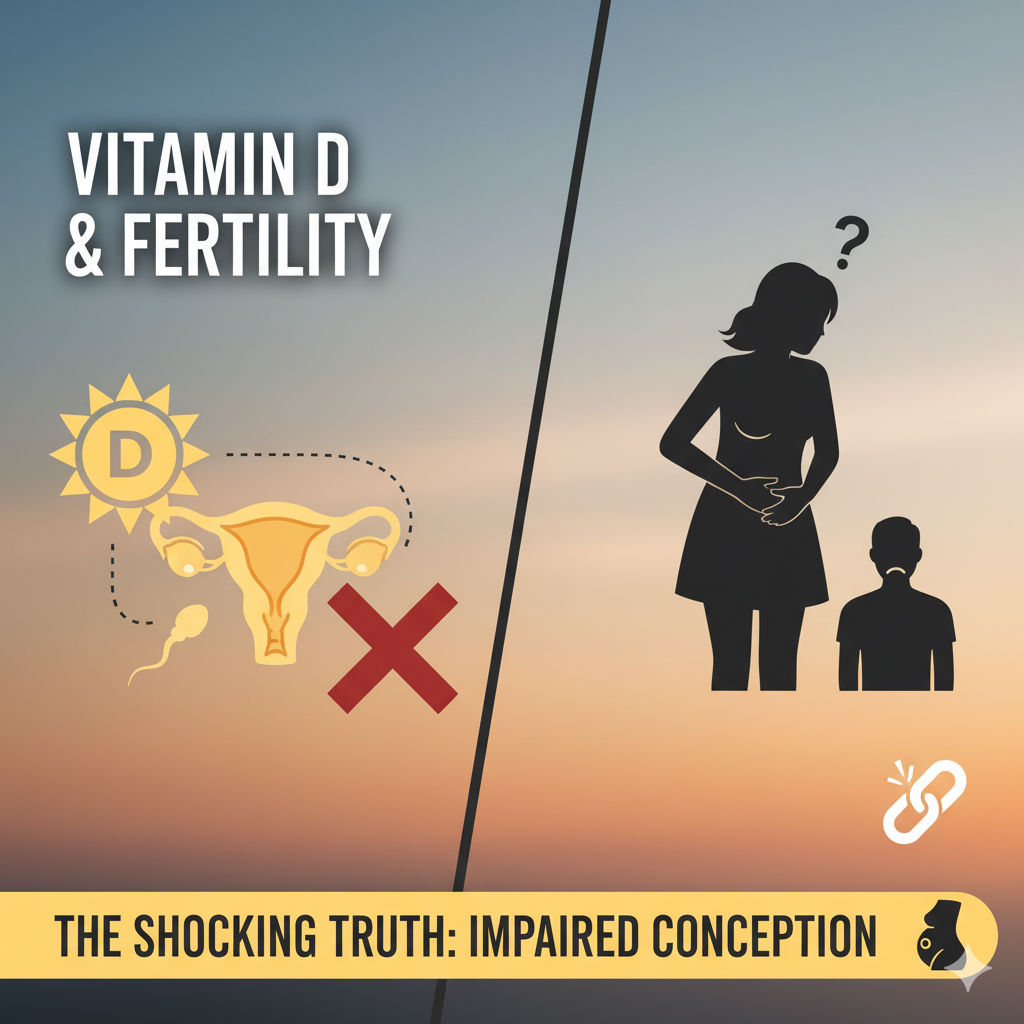Ever find yourself staring at the ceiling at 3 a.m., mind racing? Or hitting the snooze button for the fifth time, feeling just as exhausted as when you went to bed? If this sounds familiar, you’re part of a massive, silent, and growing global club: the sleep-deprived.
This isn’t just about feeling groggy. We’re in the midst of a global sleep crisis, and the numbers are staggering. This is a deep dive into why you’re so tired, how much rest you really need, and what you can do to finally reclaim your nights.
The Magic Number: How Much Deep Sleep Do You Actually Need?
Let’s talk about the superstar of your nightly rest: deep sleep. Think of it as your body’s overnight repair crew. It’s when you physically restore yourself, bolster your immune system, and lock in memories.
For most adults, the goal is 7 to 9 hours of total sleep. Within that time, you’re aiming for 1.5 to 2 hours of restorative deep sleep. That’s roughly 13% to 23% of your night spent in this crucial phase.
But here’s the catch: your need for deep sleep isn’t a one-size-fits-all prescription. It changes dramatically throughout your life.
- Babies and Teens: Are deep-sleep champions, needing huge amounts to fuel their rapid growth and brain development.
- You (as an Adult): That 1.5 to 2-hour target is your sweet spot.
- Older Adults (65+): This is where things get tricky. Your deep sleep naturally plummets, sometimes to almost zero. This isn’t your fault; it’s a biological shift.

“Why Can’t I Sleep Like I Used To?” The Age Factor
If you feel like a good night’s sleep is harder to come by as you get older, you’re right. Your amount of deep sleep decreases by about 1.7% every decade.
This decline is often more pronounced in men. By age 70, a man might spend only 5% of his night in deep sleep, while a woman of the same age still gets around 15% to 20%. This is due to natural changes in your brain’s internal clock and a decrease in sleep-promoting hormones like melatonin.
The Anxious Night: How Stress Is Stealing Your Sleep
In our hyper-connected world, your brain often refuses to switch off. The consequences for your sleep are enormous.
A recent survey in the United States paints a stark picture:
- 74% of Americans say stress messes with their sleep.
- 68% lose sleep specifically due to anxiety.
- 55% report that depression disrupts their rest.
This creates a dangerous cycle: anxiety and depression ruin your sleep, and a lack of sleep makes your anxiety and depression worse. Globally, the numbers are just as concerning. One study found that 1 in 3 adults worldwide show symptoms of insomnia. And if your sleep quality is below average, you’re 46% more likely to rate your mental health as poor.
A Global Sleep Report Card: How Does Your Country Stack Up?
Ever wonder if people in other countries sleep better than you do? The data shows some fascinating differences.
- The Best Sleepers: If you’re looking for a nation of well-rested people, head to Northern Europe. A 2024 survey showed Denmark (67%) and Germany (65%) have the highest shares of residents getting seven or more hours of sleep.
- The Most Sleep-Deprived: Less than half the population hits that seven-hour mark in countries like Indonesia (48%), the UAE (45%), and Singapore (44%).
While it’s a popular belief that we’re all sleeping less than we used to, the long-term data is complex. In the U.S., the number of people sleeping 6 hours or less did jump from 22.3% to 29.2% between 1985 and 2012. More telling is how we feel. A global survey found that a whopping 62% of adults simply don’t believe they get enough sleep.
The Main Culprits: Who Is Stealing Your Sleep?
So, what are the primary reasons a good night’s rest feels so elusive? The leading causes are a trifecta of issues:
- Underlying Health Conditions: Chronic pain, acid reflux, and especially sleep apnea (which affects an estimated 936 million adults globally) are major sleep thieves.
- Mental Health Struggles: As we’ve seen, anxiety, stress, and depression are huge factors.
- Insomnia: This sleep disorder is a global epidemic, affecting 10% to 30% of the world’s adult population. In the U.S. alone, 14.5% of adults have trouble falling asleep most nights.
Certain groups are also more likely to be tossing and turning:
- Women: You have a lifetime risk of insomnia that’s up to 40% higher than men’s.
- Young Adults (18-24): Surprisingly, this group reports the highest rate of nightly insomnia in the U.S., at 29%.
- People of Color: In the U.S., non-Hispanic Black adults have the highest prevalence of short sleep duration, at 43.5%, highlighting significant health disparities.
The Billion-Dollar Quest for a Good Night’s Sleep
Your struggle to sleep has fueled a colossal industry. The global sleep aids market was valued at US$ 83.64 billion in 2025 and is on track to hit nearly US$ 162.61 billion by 2034, says a study published by precedence Research.
You’ve seen the products everywhere:
- Mattresses & Pillows: This is the biggest slice of the pie, making up about 72% of the market as we all search for the perfect surface.
- Supplements & Medications: This segment accounts for nearly 53% of the market, with melatonin being a go-to for many.
- Sleep Gadgets: From white noise machines and smart mattresses to wearable sleep trackers, technology is playing an increasingly large role in our bedrooms.
Your Action Plan: Expert Advice for Reclaiming Your Nights
While products can offer assistance, sleep experts and major health organizations like the American Academy of Sleep Medicine and the Sleep Research Society converge on foundational principles for healthy sleep. Here is your evidence-based plan for better sleep, starting tonight:
- Stick to a Schedule: This is the golden rule. Go to bed and wake up at the same time every day—yes, even on weekends. This stabilizes your internal clock.
- Create a Sleep Sanctuary: Your bedroom should be for sleep. Make it dark, quiet, and cool.
- Mind Your Consumption: Avoid caffeine after lunch. Steer clear of large meals and alcohol right before bed. While a drink might make you drowsy, it fragments your sleep later in the night.
- Power Down: The blue light from your phone, tablet, and TV is a direct signal to your brain to stay awake. Put all screens away at least an hour before bed.
- Move Your Body: Regular exercise is fantastic for sleep. Just try to avoid an intense workout within a few hours of bedtime.
If you consistently struggle to get the rest you need, don’t just accept it as your reality. Talk to a doctor. Insufficient sleep isn’t just a nuisance; it’s a serious health issue, linked to 7 of the 15 leading causes of death in the United States. Taking control of your sleep is one of the most important things you can do for your long-term health and happiness.



Great Post.